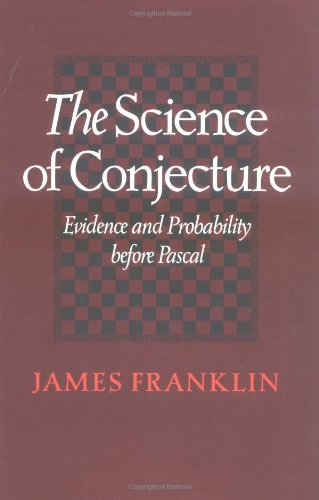

Most ebook files are in PDF format, so you can easily read them using various software such as Foxit Reader or directly on the Google Chrome browser.
Some ebook files are released by publishers in other formats such as .awz, .mobi, .epub, .fb2, etc. You may need to install specific software to read these formats on mobile/PC, such as Calibre.
Please read the tutorial at this link: https://ebookbell.com/faq
We offer FREE conversion to the popular formats you request; however, this may take some time. Therefore, right after payment, please email us, and we will try to provide the service as quickly as possible.
For some exceptional file formats or broken links (if any), please refrain from opening any disputes. Instead, email us first, and we will try to assist within a maximum of 6 hours.
EbookBell Team

4.0
36 reviewsThe Science of Conjecture provides a history of rational methods of dealing with uncertainty. Everyone can take a rough account of risk, Franklin argues, but understanding the principles of probability and using them to improve performance poses serious problems, the solution to which we have only learned over many generations and after much trial and error. This study explores the coming to consciousness of the human understanding of risk.